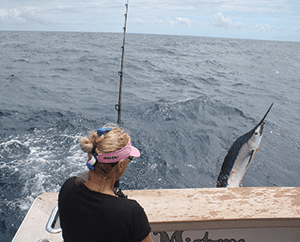
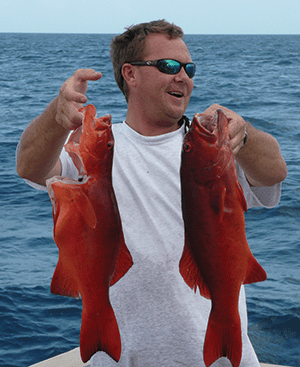
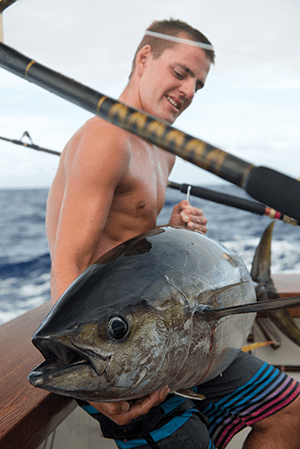
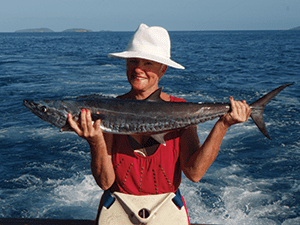
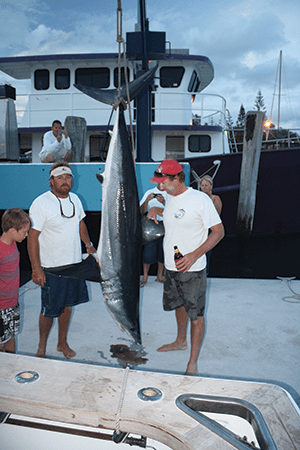
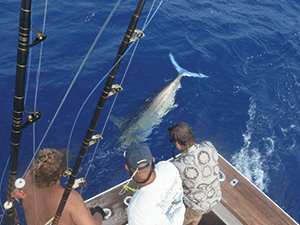
THIS series of articles will focus on fishing for blue marlin but will address other species too.
I will start at the logical place, which is the start. The biggest problem with game fishing is learning how to do it with a high level of success. It is obvious that all the world’s knowledge is in books, these days the internet, and in people’s minds.
Unfortunately, marlin don’t write books and I haven’t come across a good ‘how-to’ written by anyone yet. Most people are introduced to game fishing by a friend who invites them out on their boat, usually on a ‘share fuel’ basis.
This is good, but in terms of learning you need to evaluate the expertise of your friend and consider what you are learning. Some people are self-taught, but this is the hard way and full of trial and error; mostly the latter, and very frustrating, often causing people to lose enthusiasm for game fishing or give it up entirely.
Consider the following. In any field of sporting endeavour are rank amateurs, good amateurs, excellent amateurs, and professionals and Olympians. The higher up the scale the person you are learning from, the faster you will learn, the better you will become, and more successful you will be.
It is very worthwhile to join a club. The cost is miniscule compared to what you will spend on rods, reels, lures, fuel and boat maintenance. In my experience, clubs will have among their members those who are pre-eminent in terms of knowledge and success.
Don’t be afraid to pick their brains. Most experienced and expert anglers are prepared to share knowledge willingly. Offer to deckie for them on their boat, or invite them out on yours. Anything to gain access to their knowledge.
Consider chartering too. Charter boat captains and crews are at the top of the tree of knowledge and experience, so learning from them is the fastest and best way. A daily cost of $2000/2500 doesn’t seem too much when you share it between a few of you and consider how much you will learn in a short time.
It may actually be a cheaper path to success than spending thousands trying to teach yourself or trying to learn from friends who don’t know much. The thing is, they don’t know that they don’t know, but think they are experts, just not as lucky as others.
On the charter boat you will learn how to rig lines and lures properly, where to put lures of various types, where to fish, what signs to look for, how to tune sounders so they mark fish and thermoclines, what drag settings to use and how to fight fish properly, easily and effectively.
Ask plenty of questions and observe what is happening. You are paying for lessons and usually a successful fishing day. I have been game fishing for 53 years, initially with dead baits in New Zealand, but for the past 34 years almost exclusively with lures, except when fishing dead baits in Cairns or live/dead baits when targeting little blacks.
The captain of Mistress, my son Brett, has been game fishing for 34 years and has been skippering charter boats for the past 26, with experience in Cairns, Perth, the Gold Coast and Fraser Island, as well as New Zealand, the Bahamas and the Maldives.
He has also driven privateers in Papua New Guinea, Cabo San Lucas and California. Both of us charter overseas for seven to nine days every year. We do this so we can fish with those we consider the best in the world.
Captains like Teddy Hoogs, Bryan Toney, Chip Van Mols and Boyd DeCoito in Kona, Hawaii and Alan Card in Bermuda. By doing this, we get to see if they are doing anything better than us and to continue learning.
Generally it confirms we are right up there with the world’s best in terms of our fishing techniques and methods, but we always learn something, because even with our combined experience we don’t know everything and are still learning.
The ‘something’ we learn is often minor, maybe a 1 percenter like how to easily catch another tuna bait when trolling one live at 11-12 knots. But 1 percenters add up over time. Or maybe we’ll pick up something significant like an extraordinarily successful new lure.
Last year in Kona we learnt a new lure hook rig that changed our rig of the past 30 years and has in combination with the lures we are using produced strike/hook-up ratios in the low-90 percent range and strike/tag ratios in the low-80s.
Hallelujah!
In the next article we’ll talk lure origins, designs and actions.
 Bush ‘n Beach Fishing Magazine Location reports & tips for fishing, boating, camping, kayaking, 4WDing in Queensland and Northern NSW
Bush ‘n Beach Fishing Magazine Location reports & tips for fishing, boating, camping, kayaking, 4WDing in Queensland and Northern NSW

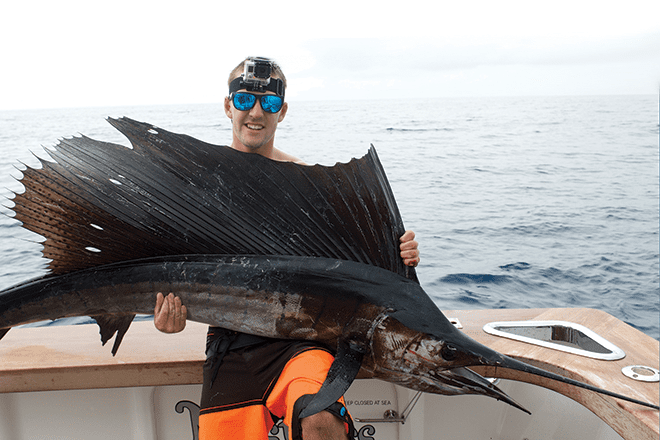




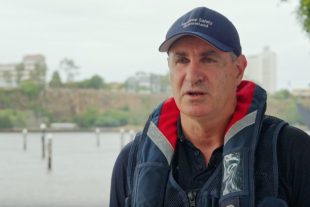
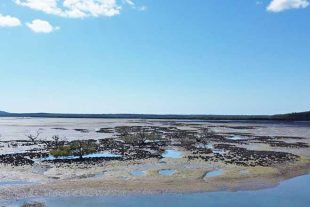
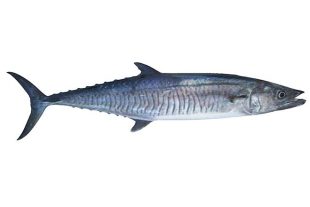
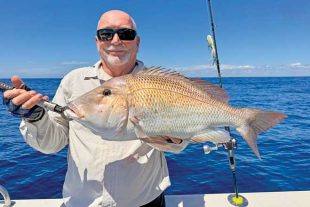
>A daily cost of $2000/2500 doesn’t seem too much when you share it between a few of you and consider how much you will learn in a short time.
It’s really not, not only because you learn so much, but also because it’s just a great time. People pay way more for trips and vacations and things like that where they don’t learn a thing.
I haven’t done big game fishing yet. Never had a chance. But this year I am coming to Australia and I want to do it. I really am so excited already. Especially when I red such a great article! Thanks for sharing it.